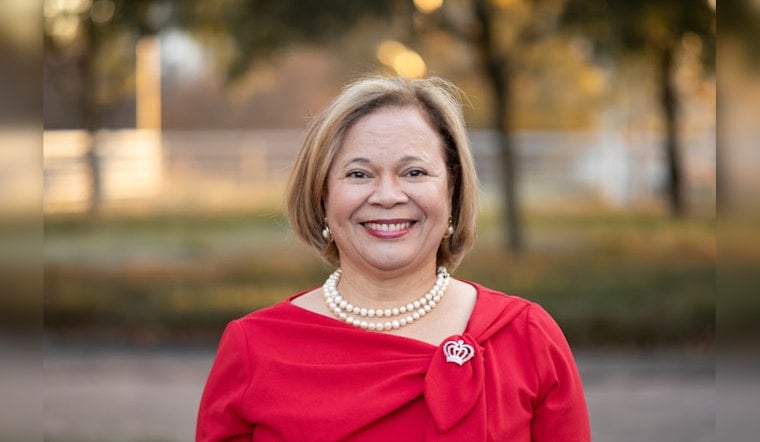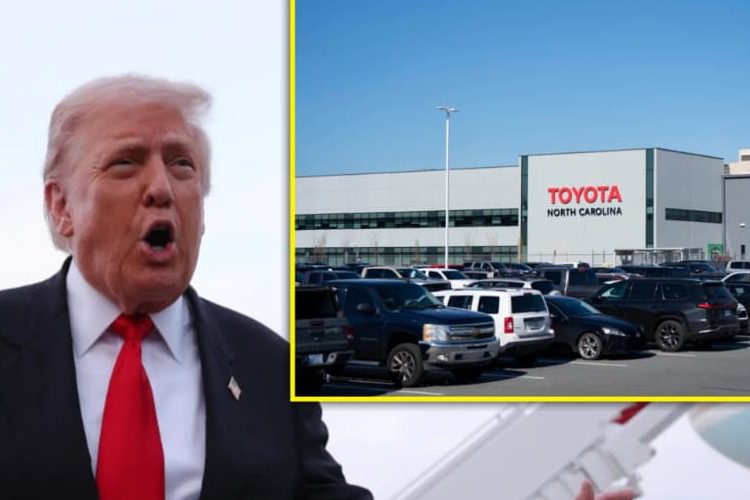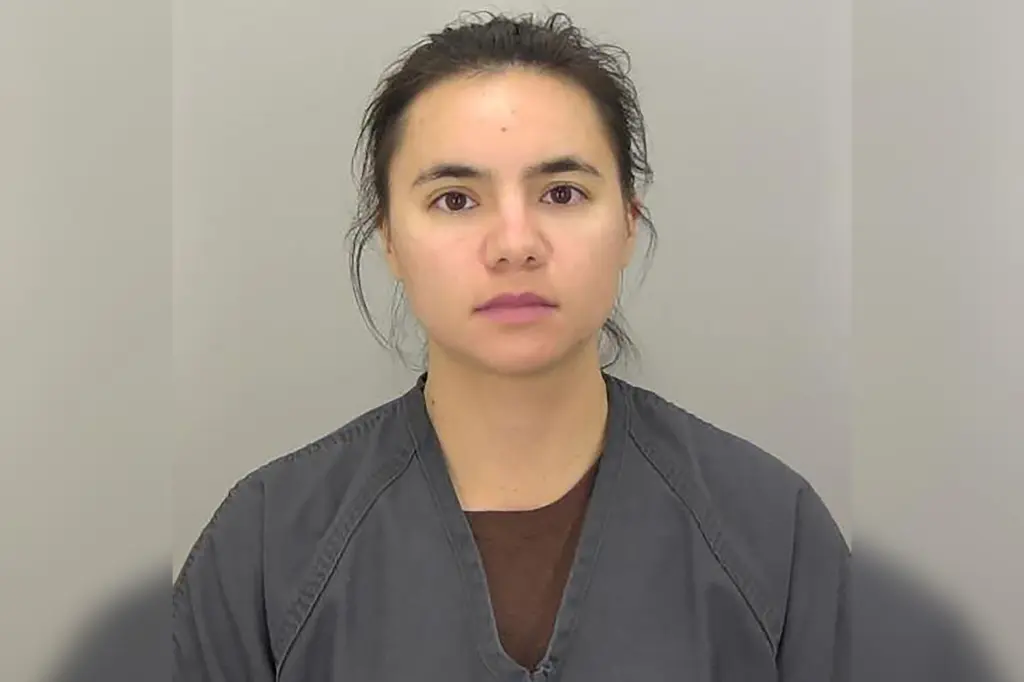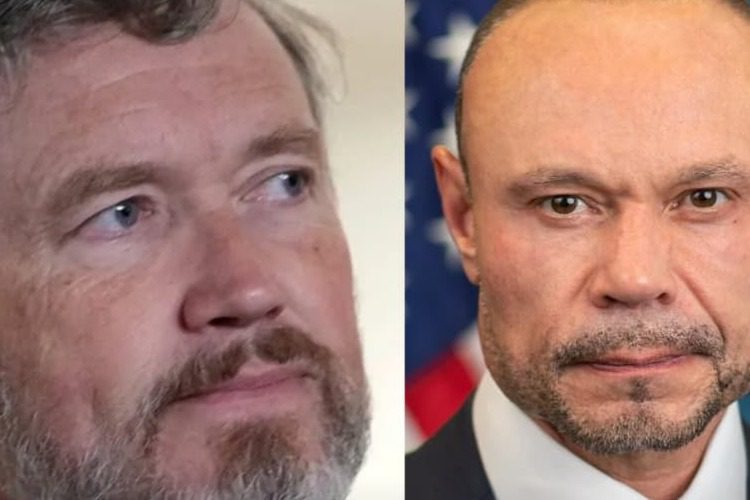President Trump Promises to Review the Killing of Iryna Zarutska in Charlotte After Mayor Stays Silent
The news coming out of Charlotte has shaken people across the country, not only because of the tragic killing of Iryna Zarutska but also because of the reactions that have followed. It was on a train in Charlotte where this horrifying act took place, leaving a community stunned and a family forever changed. In moments like these, leadership is often measured by words spoken quickly and clearly, yet the silence from the city’s mayor has only deepened the frustration felt by many residents. When a tragedy strikes so close to home, people expect their leaders to rise above politics and address the pain directly, but instead there was an absence of condemnation that has not gone unnoticed.

Into that silence stepped former President Donald Trump, who commented on the killing and promised to learn more details immediately. Calling it “horrible,” Trump stated that he would know all about the case by the following morning, giving a sense that he planned to treat the matter with urgency. Whether one agrees with his politics or not, it is clear that Trump has a way of taking ownership of an issue in a way that draws national attention. His willingness to publicly acknowledge Iryna’s death and pledge to review the details placed him directly in contrast with Charlotte’s own leadership, sparking debate over what role federal authorities should play when local responses are lacking.
For the people of Charlotte, the emotional wound of this killing is still raw. Iryna Zarutska’s name now carries the weight of a heartbreaking story that no family should ever have to endure. A train ride, an everyday moment that should have been safe, became the backdrop for violence that cannot be undone. Families who ride those same trains are now left with fear where there used to be routine, wondering how such an event could take place and whether it could happen again.

The political dimension of this tragedy complicates matters further. On one hand, critics argue that Trump’s involvement is more about seizing a political moment than about solving the underlying issues of violence and safety. On the other hand, supporters point out that his immediate recognition of the event showed empathy and action at a time when local leaders seemed hesitant to even acknowledge what had happened. Both perspectives reveal the deep divisions in how Americans view leadership, especially in times of crisis.
Federal intervention is not something communities often welcome lightly, yet when people feel abandoned or ignored by their local representatives, the idea of someone stepping in from a higher level can start to sound like relief. Whether that happens in Charlotte remains to be seen, but already the conversation has shifted from what occurred on the train to how it has been handled afterward. The lack of condemnation from the mayor has become almost as much of a story as the crime itself, overshadowing the fact that at the center of it all is a grieving family.

As this story continues to unfold, one thing is certain: Iryna Zarutska’s life deserves to be remembered with dignity, and her death deserves to be met with justice. Political leaders may argue over who should respond and how, but for the people living in Charlotte, the priority is simple. They want to feel safe, they want accountability, and they want their leaders to speak out with clarity and compassion. When those expectations are not met, frustration builds, and the void of leadership becomes glaringly obvious.
Trump’s comments may or may not lead to federal involvement, but they have already changed the narrative. He has put the spotlight back on the case and reminded people that the killing of one woman on a train is not just a local story but part of a broader conversation about safety, leadership, and accountability in America. For now, the country waits to see whether words of concern will translate into real action, and whether Charlotte’s leaders will step forward with the strength their community needs.


